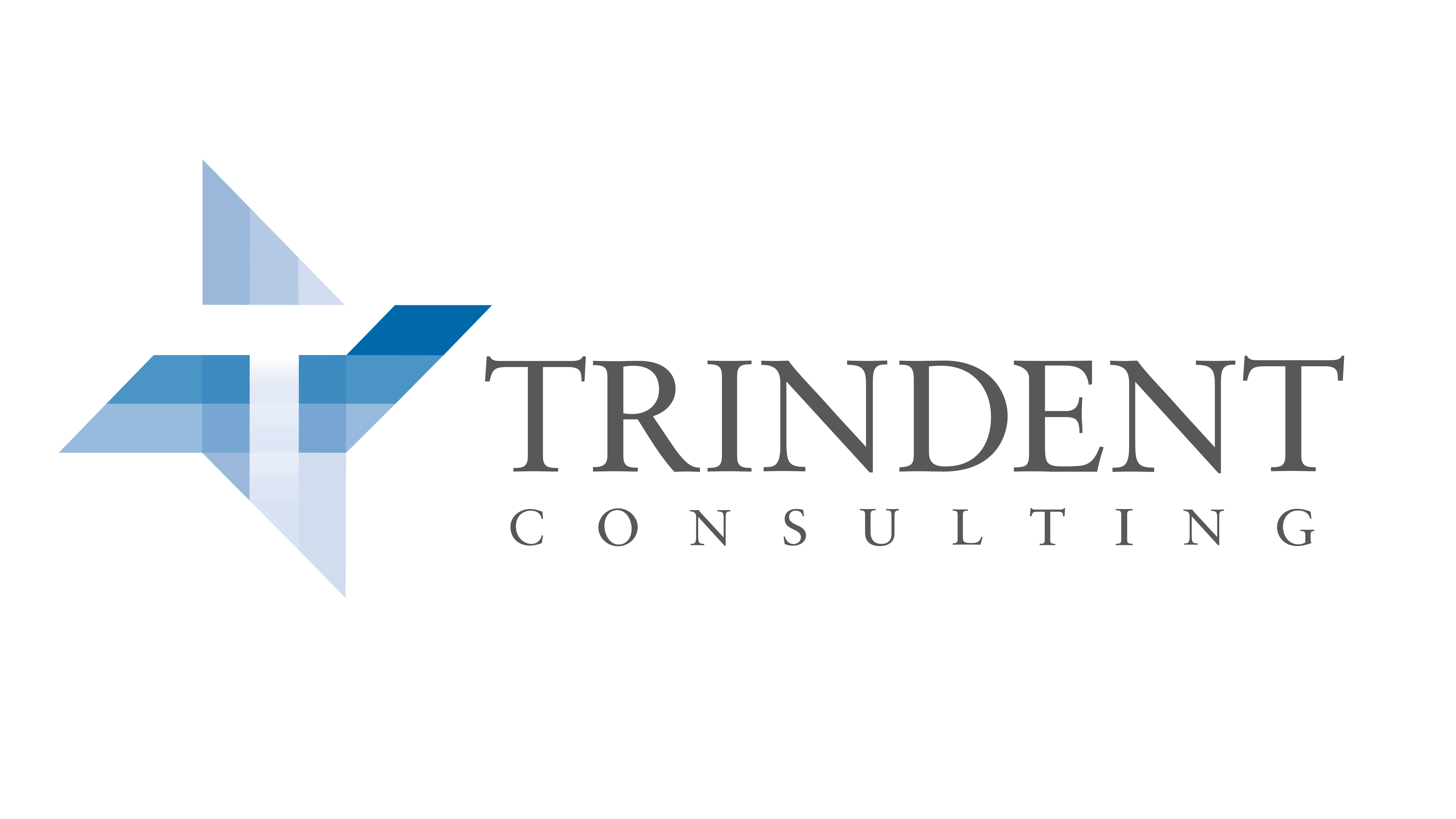Asking Questions is at the core of the work a consultant does. At its most basic level, a question is a sentence structured and worded in a way that elicits information. A consultant’s key objective is to understand their client’s situation so that they can expose the underlying problems, come up with solutions, and facilitate their clients’ path to improvement. This means taking the time to understand the issues clients are facing as well as their current reality and their vision for the future – and what is required to help them advance from the former to the latter. Asking the right questions will pave the way.
The Importance of Good Questions
The skillful use of questions is one of consulting’s most important tools. Asking the right questions to the right person at the right time not only builds the client-consultant relationships, it also:
- Provides the consultant with crucial information
- Encourages the client to think of ideas they would not have otherwise come to
- Helps the client clarify their own thinking
- Fosters conversation and robust communication between consultant and client to come to a common and proper understanding of current states and goals
However, there is a flip side to this: The wrong question is almost always guaranteed to generate the wrong answer. And the right question asked at the wrong time or to the wrong person can equally be of no value.
Knowing the Right Questions to Ask
Knowing the right questions to ask will always enhance a consultant’s performance on any engagement and deliver sustainable benefits for their clients.
What the “right” questions are will be determined in large part by the information a consultant needs to elicit. Depending on the circumstances of the engagement, consultants may want to clarify their understanding of an issue, explore some specific aspects of that issue, conduct a deeper dive into the details of the issue, or zoom out to get a bigger picture of the context around the issue.
“You can tell a clever man by his answers and a wise man by his questions.”
– Naguib Mahfouz
Getting to the right questions doesn’t have to be difficult. Using the 5Ws & H to gather basic information, or the 5 Whys to determine the root cause of a problem are two simple techniques to structure questions that will yield an abundance of the right information.
Top consultants understand the more they can uncover about their clients’ situation through questioning, the more they will be able to help, but without the right information, they cannot effectively do their job.
Interested in learning more in asking Trindent the right questions? Click here for our current job openings.
The author of this blog Megan Webb is a Consultant at Trindent.

